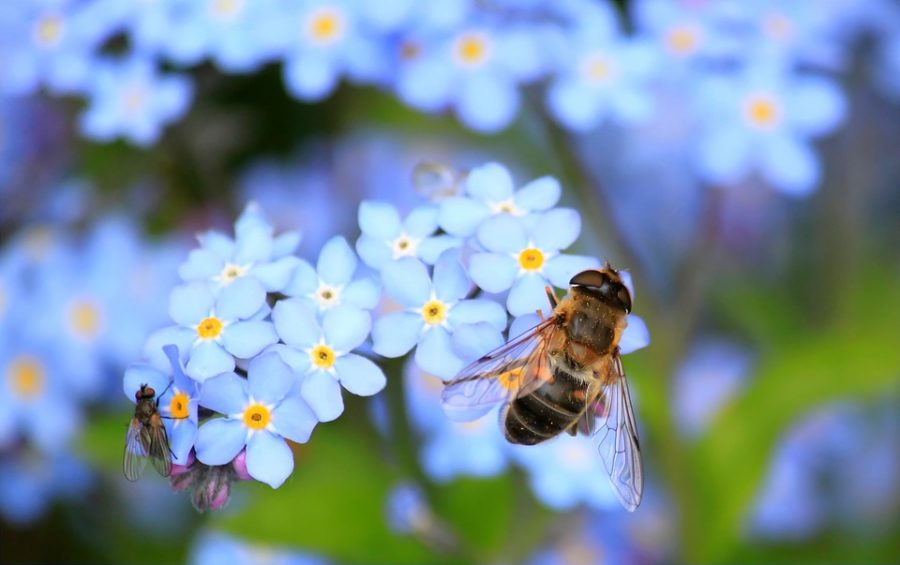Pollinators In Need
The importance of bees and how we can help them.
Several bee species are endangered, and some even consider the American bumblebee endangered as well. Urgent action needs to be made to help the bee population as a whole, for food and crops and nature as a whole.
We can thank bees for the food we eat every day. 90% of the world’s nutrition–including nuts, fruits, and vegetables–is pollinated by bees. 1 out of every 3 mouthfuls of food we eat depends on pollinators. Global crop production pollinated by bees is worth over $577 billion.
Bees also play an important role in the pollination of flowers and are responsible for 80% of all pollination worldwide and 90% of the 369,000 flowering plant species depend on insect pollution. The positive impact bees have on this world and the dependency nature holds on bees is apparent. This is why it is so dangerous that bee populations are rapidly declining.
Bees are dying from many things such as: pesticides, air pollution, drought, global warming, habitat destruction, etc. Bee hives have seen a 60% reduction from 6 million in 1947 to 2.4 million in 2008, according to Greenpeace. The number of bee colonies per hectare, or 10,000 square meters, has declined by 90% since 1962. These drops have made several bee species endangered.
Luckily, there are easy solutions, with things that can be done globally or even by you, in your everyday life. According to Greenpeace, effective solutions include: banning the seven most dangerous and harmful pesticides; preserving wild habitats; and restoring ecological agriculture, which is a version of sustainable farming, focused on the specific crops of the environment.
You can also make a change, by saving a tired bee if you come across one. World Wildlife Fund (WWF) goes into the steps and details of saving a tired bee: Gently put the bee on a “bee friendly” flower, if possible. If not possible, mix 50/50 white sugar and water. Offer a drop or two gently to the bee in a safe place, where it can fly off and return home once it recovers.
Other ways you can help protect and save the bee community include going chemical free, planting a bee garden, support local beekeepers and bee organizations, and build homes for native bees.
To protect nature and even our food, we have to protect bees.

